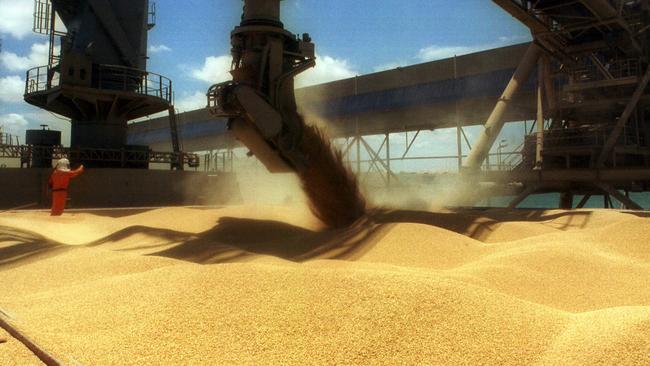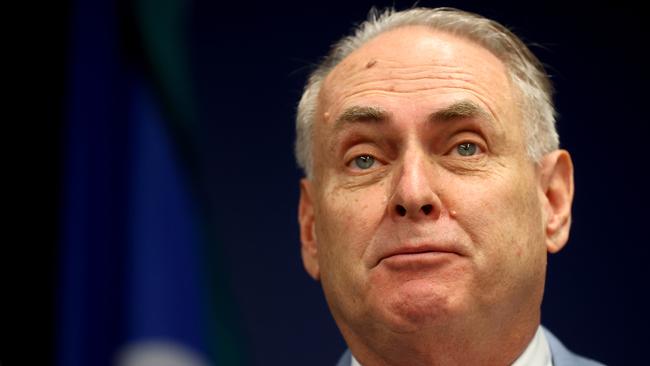China’s wine decision close after barley tariff axed
There are renewed hopes a 220 per cent tax slapped on wine exports by China will be dumped following Beijing’s decision to scrap its barley tariff.

The World Trade Organisation is expected to issue a final report on Australia’s challenge against China’s punishing wine tariffs by the end of October.
It comes after China announced it would scrap the crippling 80.5 per cent tax it placed on Australian barley in May 2020, in a sign of easing tensions between the two countries.
The federal government now hopes to use the barley blueprint to have the 220 per cent wine tariffs removed, which brought the $1.2 billion trade to a halt in late 2020.
China claimed the tariffs were an anti-dumping measure.
Trade Minister Don Farrell said: “My guess is that the decision (on wine) is not very far away”.

“We believe we’ve got a strong case, just as we had with barley,” he said.
Australian Grape and Wine chief executive Lee McLean said the industry was “very open-minded” to the federal government following the barley path and suspending its WTO case to allow the Chinese government a chance to reconsider the tariffs.
“We have been clear that we do not believe that we were dumping in China, as a nation, and if the WTO panel looks like they are heading towards that conclusion, which I strongly believe they will, that might bring people to the table to come to the same sort of resolution,” he said.
A final WTO decision on the barley matter was imminent when China announced a three to four month review of those tariffs. In return, Australia agreed to suspend its WTO action.
If Australia were asked to suspend its WTO challenge on the wine tariffs in a show of goodwill, China would be given the same three months to undertake a review, with a fourth month if required.
This would mean a decision from China would not be expected before next February.

On Friday, China’s Ministry of Commerce confirmed it was “no longer necessary” to impose the tariffs on Australian barley, effectively reopening the trade.
Barley grower and Grain Producers Australia southern region director Andrew Weidemann said the barley announcement was welcome news for Australian farmers, who could see a significant price lift as “insatiable” demand from China immediately re-entered the market.

“Having our previous biggest customer coming in at this time looks good for the Australian barley grower,” he said. “I expect we’ll see a kick in prices. We may see a 5-10 per cent kick, we may see a greater kick.”
China was Australia’s largest barley buyer until the tariffs hit in 2020, accounting for about 58 per cent of an annual 6.2 million tonnes in exports.
China was Australia’s largest barley buyer until the tariffs were imposed in 2020, accounting for about 58 per cent of an annual 6.2 million tonnes in exports.




